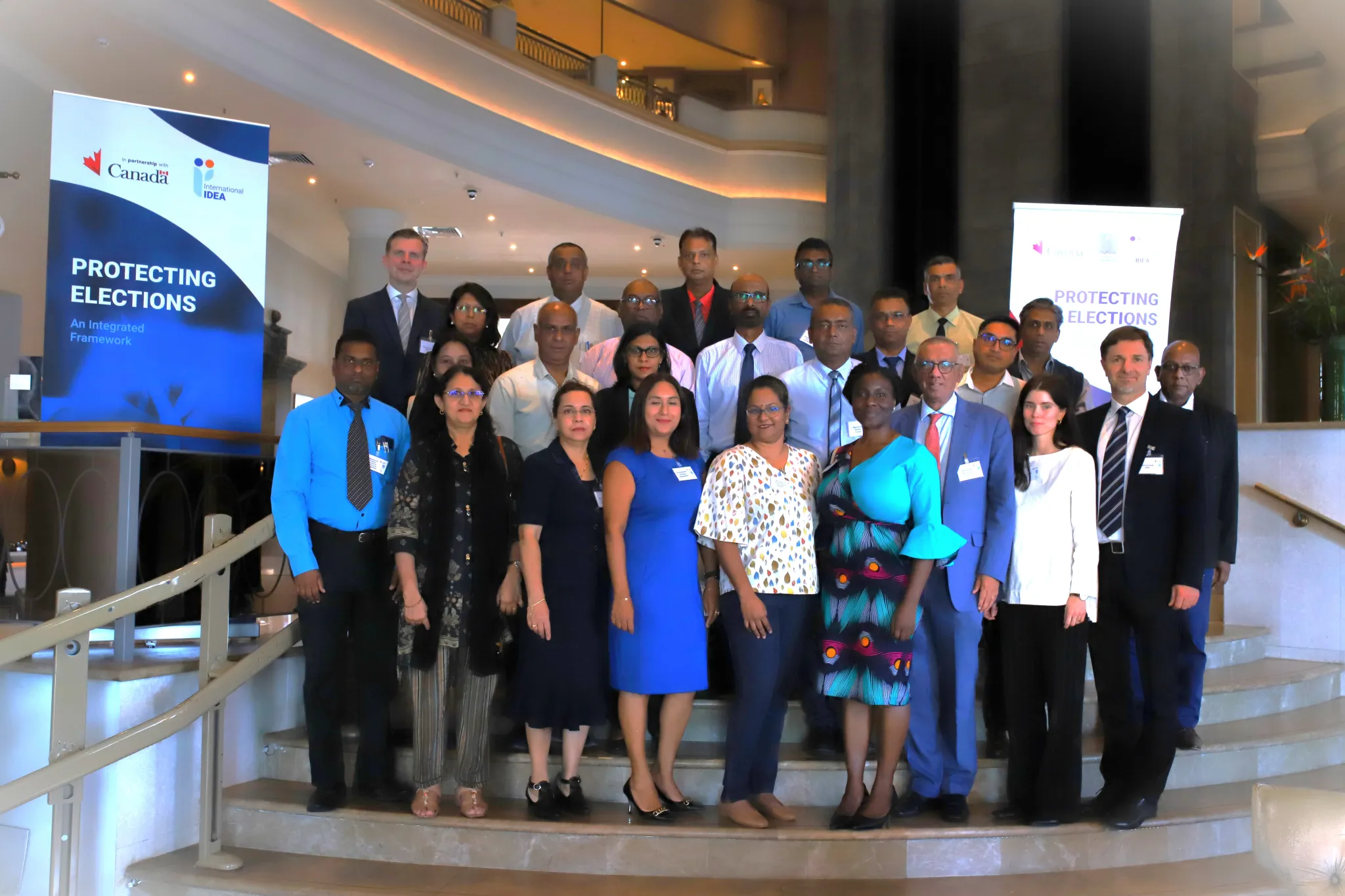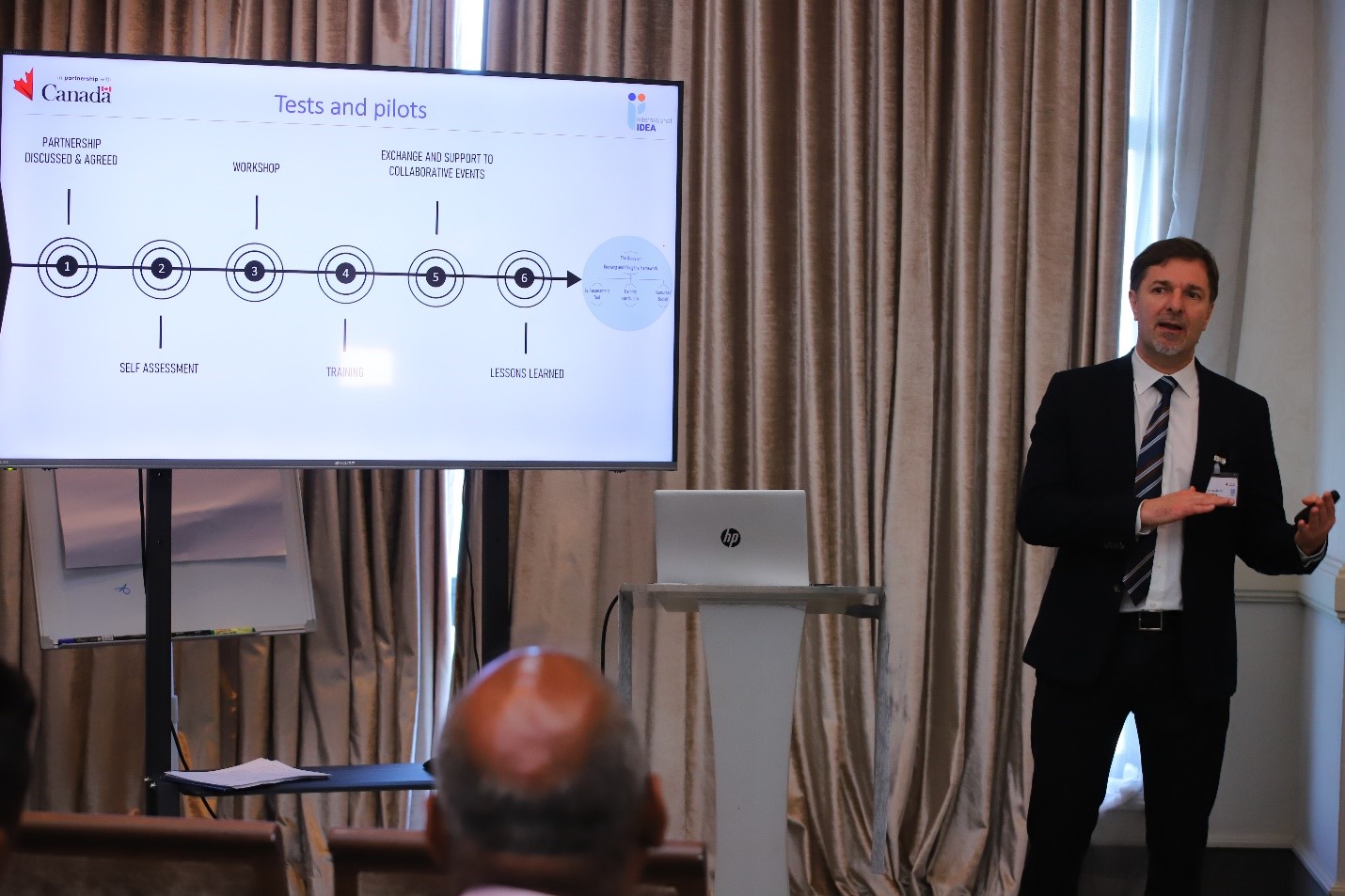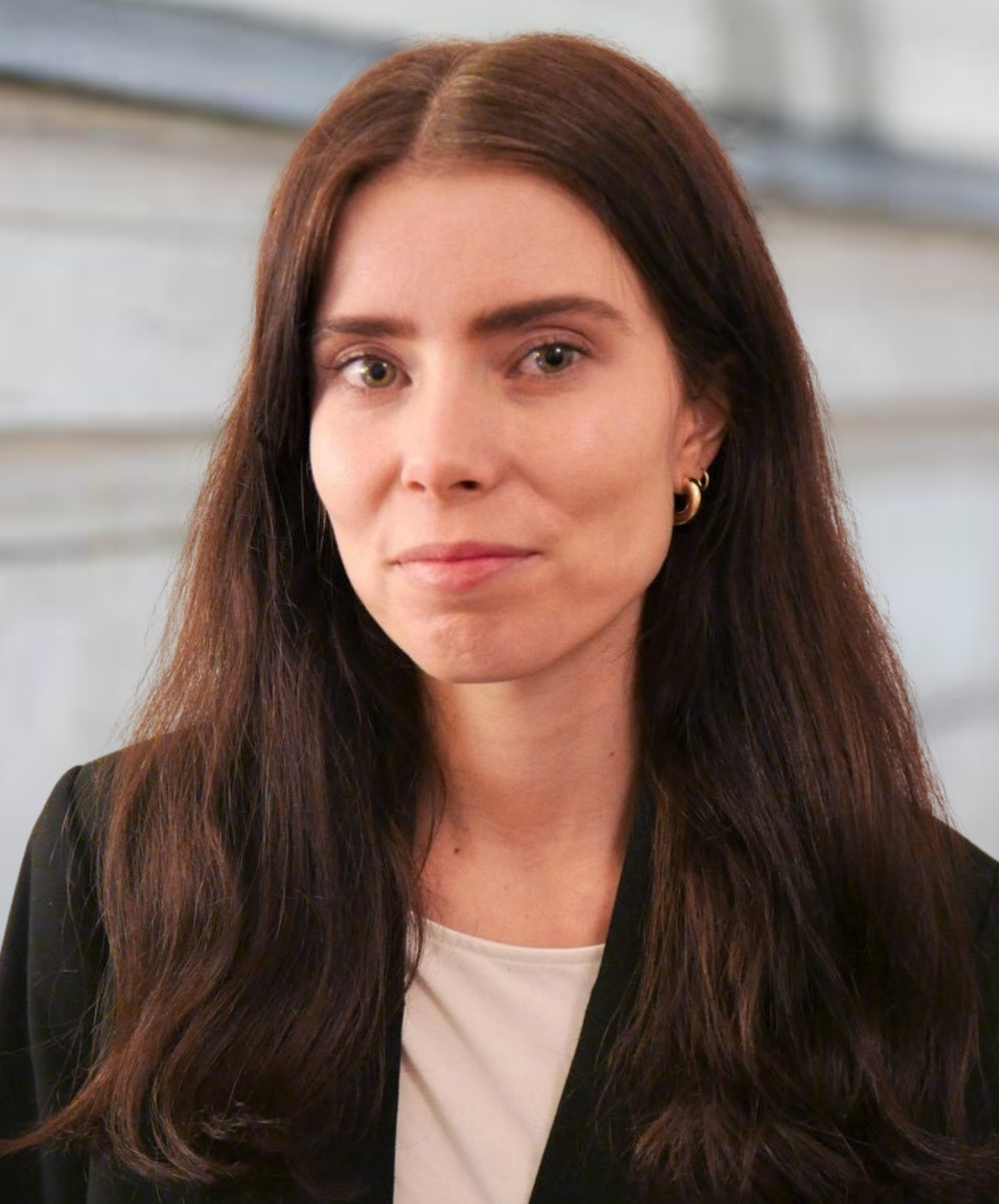Mauritius: Mapping Electoral Challenges and Courses of Action

The workshop was organized as part of the pilot phase of International IDEA’s Protecting Elections project. The project, funded by the government of Canada, aims to develop an integrated framework that adopts a holistic approach to protecting elections. This approach promotes risk management, resilience building, and crisis management practices in electoral management aiming to strengthen the capacity of electoral stakeholders to safeguard electoral integrity in their specific contexts. The Protecting Elections Workshop organized in Port Luis was the first in a series of such events marking an important milestone in the project’s implementation.
A diverse group of participants – including electoral officials and prominent representatives of relevant state agencies in Mauritius – engaged in mapping electoral integrity challenges in the country, and possible actions to deal with related risks, threats, and crises. The workshop combined presentations by International IDEA introducing the protecting elections concept and working methodology, with hands-on group work and presentations by participants.
Ahead of the workshop, the participating organizations were asked to use the ‘Protecting Elections Self-Assessment' Tool, developed as part of the Protecting Elections Integrated Framework to assist users in assessing their resources, practices and – consequently – their capacity to protect electoral integrity.
The initial activity included presentations from different state agencies, which pointed to the fact that a lot of work is already done in Mauritius to mitigate electoral risks and deal with threats and crises. However, stakeholders described that these efforts are informal and therefore the approach is not optimal.
While the presentations painted a broad picture, the following group work provided an opportunity for representatives of different organizations to compare notes and jointly identify main internal and external risk factors. HEAT-map models were used to estimate the likelihood and impact of individual risk factors. Based on the assigned heat levels, the groups proposed relevant courses of action.
For example, different groups pointed to the need to strengthen resilience to environmental hazards and mis-/disinformation in the online space. Some of the groups also pointed to the need to strengthen political finance regulations and electoral management procedures through formalizing risk management.
Overall, the participants assessed workshop as very useful and confirmed that it will be very relevant in other contexts. To check out the workshop highlights, visit International IDEA's YouTube Channel!
To continue developing the capacity of the OEC in Mauritius, International IDEA will organize a training on Protecting Elections in April or May 2024. The training will draw on the findings of the Workshop and focus on strengthening the knowledge and capacity amongst electoral stakeholders to tackle their contextual challenges ahead of their forthcoming general elections in late 2024.





